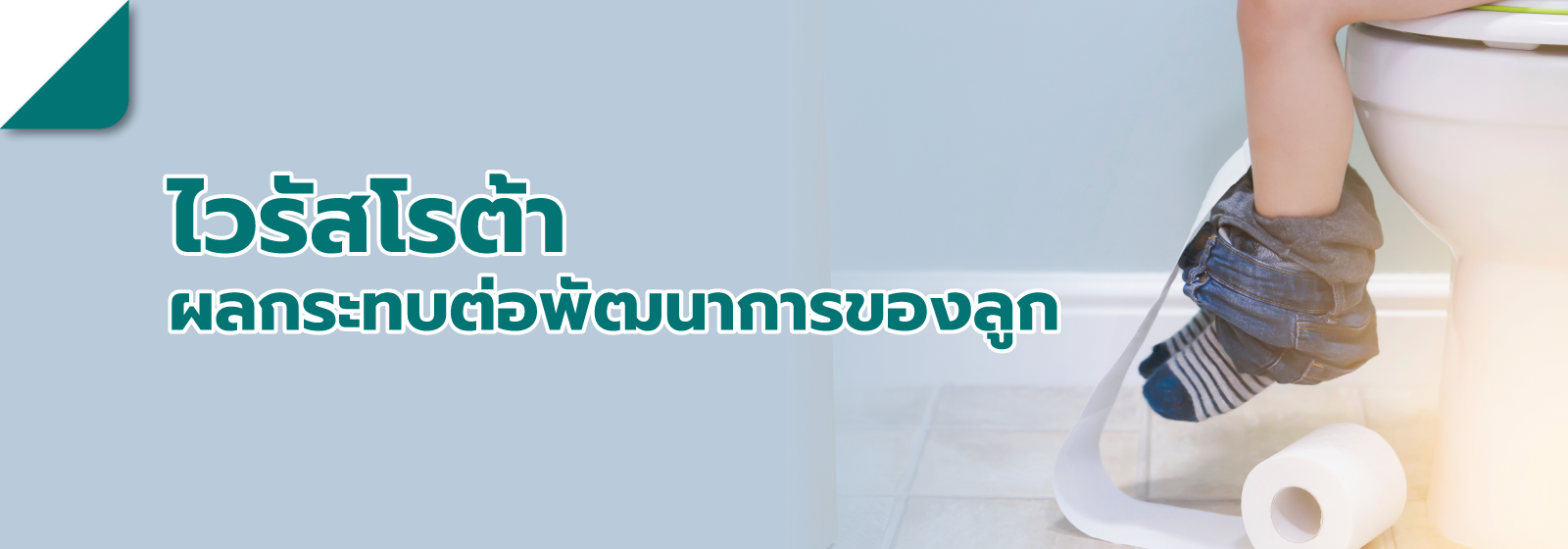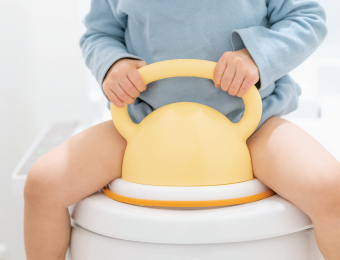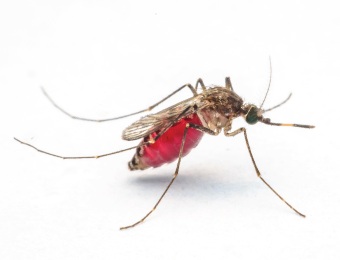
Impact of Rotavirus on Child Development
Key Points:
- Infants aged 6 months to 2 years are most susceptible to rotavirus infection.
- Children infected with rotavirus often experience recurrent symptoms of diarrhea.
- Administering rotavirus vaccine to infants is the most effective preventive measure.
Rotavirus and Its Impact on Child Development The extent of danger posed by rotavirus to infants varies. Rotavirus infection can spread through various means.
Children who contract rotavirus and experience recurrent symptoms of diarrhea between the ages of 1 and 2 may suffer various physical repercussions. For example, their height may be up to 8.2 centimeters shorter than average.
“Thailand has many new parents who lack sufficient knowledge about rotavirus and the severity of the disease. They may perceive it as a common diarrhea problem in tropical countries and fail to prepare adequately or protect their children, especially those aged 6 months to 2 years, who are at the highest risk. Research has shown that almost all children up to the age of 5 have been infected with this virus, and up to 1 in 10 may experience repeated infections up to 5 times.
Surveys have found that up to 43% of Thai children under the age of 5 admitted to hospitals for diarrhea are due to rotavirus. Rotavirus is a significant factor contributing to severe cases of diarrhea in young children, potentially leading to fatalities and hindering developmental progress. It can lurk anywhere in a child’s environment, especially in toys, making transmission easy. Despite efforts to prevent it, the insidious nature of rotavirus makes it difficult to combat effectively. All young children are at risk, increasing the likelihood of infection.
The symptoms of children infected with rotavirus include severe diarrhea and vomiting, leading to dehydration and malnutrition. Repeated infections can deprive children of essential nutrients, severely affecting their development. During the crucial developmental period of the first 5 years, children are at the peak of their brain and physical growth. Therefore, frequent bouts of diarrhea can significantly impede their progress, affecting not only their cognitive abilities but also their physical growth. Research has shown that children who contract rotavirus and experience repeated diarrhea episodes between the ages of 1 and 2 may suffer various physical repercussions, such as being up to 8.2 centimeters shorter than their peers.
Furthermore, research indicates that repeated bouts of diarrhea, particularly before the age of 2, can lead to lower brain development or IQ levels compared to children of the same age. Additionally, frequent diarrhea episodes have been linked to malnutrition, resulting in some children gaining less weight than usual.
To keep your child as far away from the rotavirus as possible, parents should take their little ones for vaccination against the rotavirus, which is considered the most effective method of disease prevention currently available. This helps prevent and reduce the severity of the illness. The sooner parents can vaccinate their child, the better, as it strengthens the protective barrier against this harmful virus.
There are 2 types of rotavirus vaccines available:
-
Human Rotavirus Vaccine: Administered in 2 doses, typically given when the child is 6 weeks old and then at 4 months (2nd and 4th months). This vaccine provides protection starting from 4 months and has a broad coverage against various strains of the virus.
-
Bovine Rotavirus Vaccine: Given in 3 doses, typically administered orally when the child is 6 months old, with subsequent doses at 2nd, 4th, and 6th months. This vaccine offers protection after 6 months. Additionally, there's a simple way for mothers to protect their infants by breastfeeding exclusively for at least 6 months, which helps bolster the child's immune system.
25 Dec, 2023
 EN
EN
 TH
TH CN
CN








